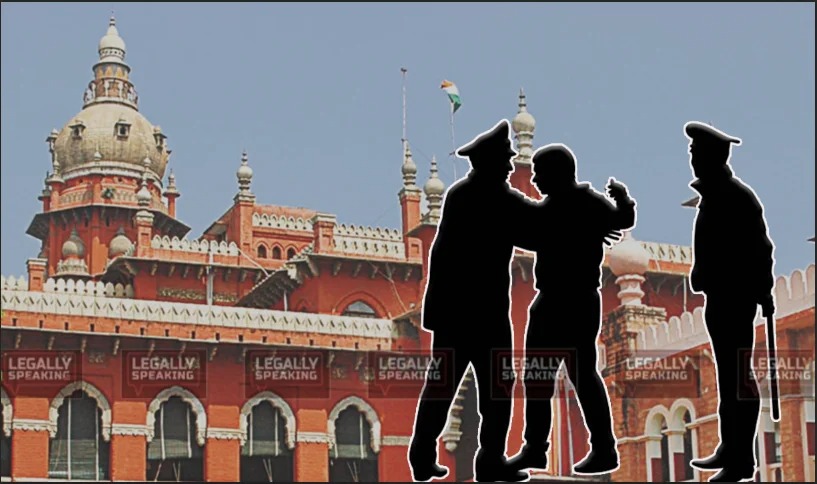
The Madras High Court recently stated that, while courts do not normally interfere with police investigations, they cannot turn a blind eye if the police begin harassing citizens in the name of investigation.
According to Justice Sathi Kumar Sukumara Kurup, the police have unrestricted power to investigate as long as it is used legitimately and in accordance with the Code of Criminal Procedure (CrPC).
“This Court, exercising its power under Section 482 of the Criminal Procedure Code normally would not interfere with the investigation conducted by a police officer. Nevertheless, it would also not turn a blind eye to instances of harassment by the police under the guise of investigation is brought to its notice,” the bench stated.
As a result, it issued the following guidelines for police to follow when summoning people for investigation under Section 160 CrPC or Section 41A CrPC:
– While summoning any person named in the complaint or any witness to the incident complained of, the police officer shall summon such person through a written summon under Section 160 CrPC, in case of witnesses and Section 41A CrPC, in case of complaints against any person (accused) specifying a particular date and time for appearing before him for such an enquiry/investigation;
– The minutes of the enquiry shall be recorded in the general diary/station diary/daily diary of the police station;
– The police officer shall refrain himself or herself from harassing persons called upon for enquiry/investigation;
– The guidelines stipulated for preliminary enquiry or registration of FIR by the Supreme Court in Lalita Kumari vs. Government of Uttar Pradesh and others shall be strictly adhered to.
The single bench was hearing a petition filed by Rajini, who claimed that the local police were harassing her under the guise of an investigation.
The police, on the other hand, claimed that they had issued a notice to the petitioner under Section 41A of the CrPC and were conducting an investigation following a complaint against her. All allegations of harassment were denied by the police.
The Court stated that the term harassment encompasses a wide range of issues, and what the petitioner considers harassment may not appear to be harassment to the police.
Nonetheless, the police were required to strictly follow the mandate of the CrPC.
The bench then issued the guidelines to be followed by the police while summoning persons as witnesses or otherwise. Justice Kurup also instructed the petitioner to cooperate with the ongoing police investigation. Furthermore, the police were directed to refrain from summoning the petitioner during unconventional hours.




